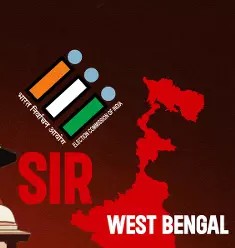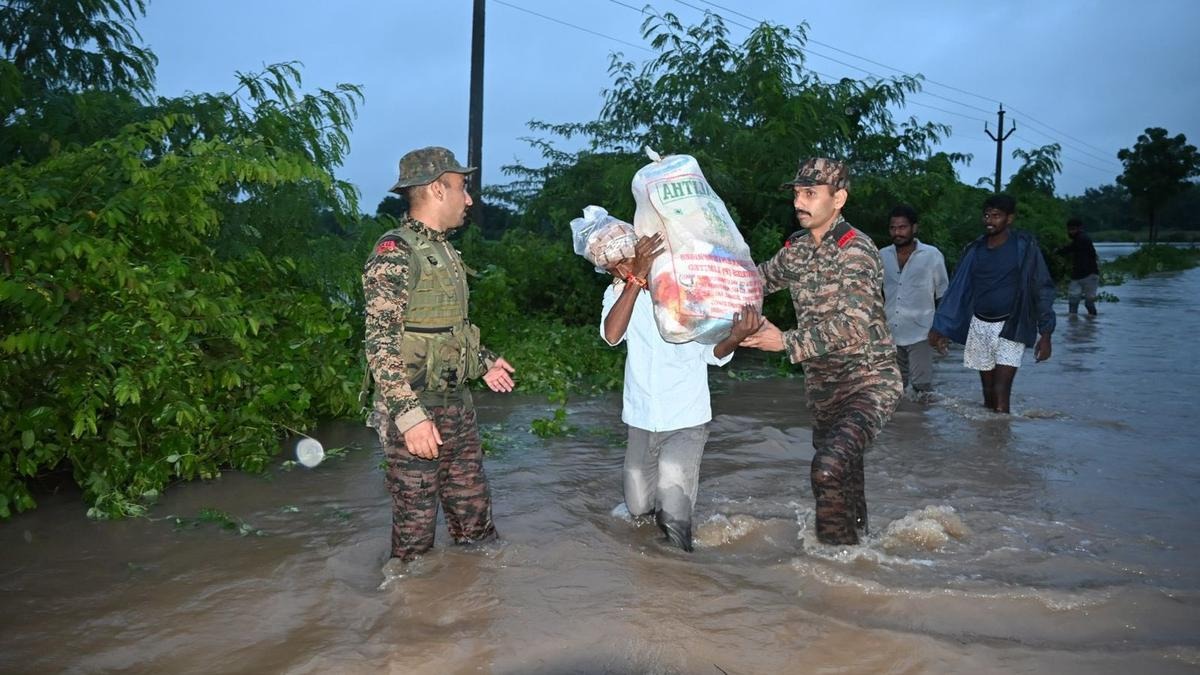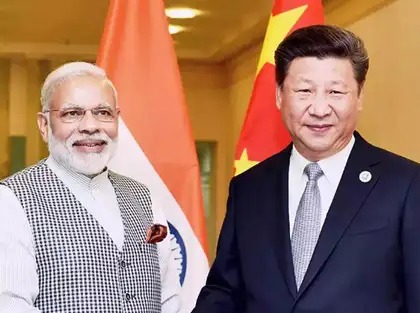
Follow WOWNEWS 24x7 on:

In a meeting meant to streamline polling logistics, political tensions flared as West Bengal’s proposed Special Intensive Revision, or SIR, unexpectedly dominated an all-party discussion on booth rationalisation. Convened by Chief Electoral Officer Manoj Agarwal on August 29, the session was intended to address the addition of nearly 14,000 polling booths ahead of the 2026 Assembly elections. Instead, it became a flashpoint for partisan disagreement, with parties clashing over electoral fairness, voter accessibility, and the spectre of political bias.
Here’s a detailed breakdown of the meeting’s agenda, the SIR controversy, and the implications for Bengal’s electoral roadmap.
Booth Expansion and Rationalisation
1. The Election Commission of India has mandated that no polling booth should serve more than 1,200 voters, down from the previous cap of 1,500
2. This adjustment will result in the creation of 13,816 new booths, raising the total from 80,681 to 94,497 across the state
3. Parties were invited to submit feedback on the proposed booth map by September 8
4. Concerns were raised about voter inconvenience, with leaders urging that new booths remain within the same polling premises to avoid long-distance relocations
Political Reactions to Booth Reorganisation
1. Trinamool Congress, represented by Minister Aroop Biswas, supported the booth expansion but opposed shifting polling premises that could force voters to travel several kilometres
2. BJP leader Shishir Bajoria submitted a list of nearly 1,000 booths allegedly affected by post-poll violence, demanding their relocation
3. Congress and CPI(M) echoed concerns about accessibility and transparency, urging the EC to ensure impartiality in booth-level officer appointments
SIR Controversy Erupts
1. Although not on the official agenda, BJP leaders raised the issue of implementing Special Intensive Revision of electoral rolls
2. Trinamool Congress immediately opposed the move, citing fears of voter disenfranchisement and political targeting
3. Congress representatives arrived with anti-SIR placards, while CPI(M) demanded neutrality from the Election Commission
4. CEO Manoj Agarwal had to intervene, reminding attendees that SIR was not part of the day’s agenda and urging focus on booth logistics
Underlying Tensions and Allegations
1. BJP accused the ruling party of influencing booth-level officer appointments, claiming names were sourced from Trinamool offices
2. Some party representatives alleged forgery of signatures during district-level meetings, though the CEO’s office denied these claims
3. The EC reiterated that no booth should be located more than 5 kilometres from a voter’s residence, aiming to preserve accessibility
District-Level Impact
1. South 24 Parganas, North 24 Parganas, and Murshidabad will see the largest booth increases, each adding over 1,000 new stations
2. Kalimpong will see the smallest change, with only 16 new booths
3. In South and North Kolkata, just 26 booths will be added, reflecting lower voter density
What This Means for 2026
The booth expansion is expected to challenge all parties, especially in terms of deploying polling agents across a wider network. While the EC insists the move is logistical, the political undertones—especially around SIR—suggest deeper anxieties about voter rolls, electoral fairness, and institutional neutrality.
With parties now racing to submit feedback before the September 8 deadline, the next few weeks will be crucial in shaping Bengal’s electoral infrastructure. Whether the SIR debate resurfaces formally or remains a political undercurrent, the state’s democratic machinery is already in motion.
Sources: Times of India, Hindustan Times, Indian Express, The Hindu, MSN India




